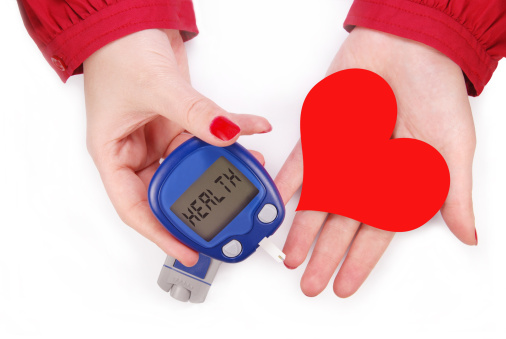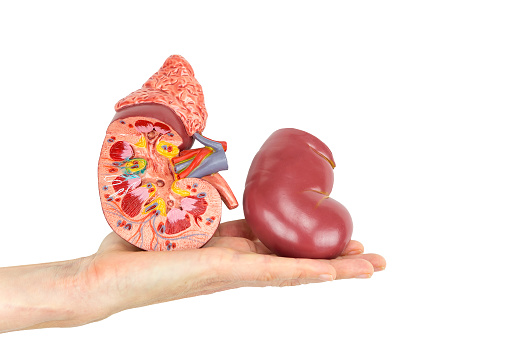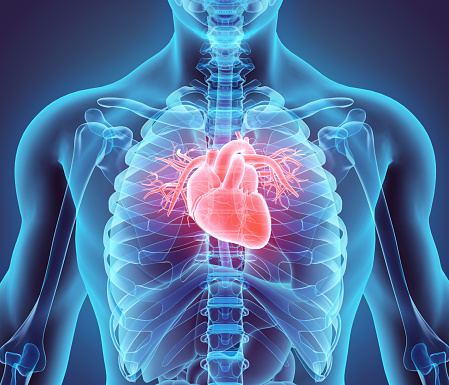Leaky heart valve: Symptoms, causes, and treatments
A leaky heart valve is a medical condition that can vary in severity depending on how much it disrupts normal blood flow. The heart contains four valves – the tricuspid, the pulmonic, the mitral and the aortic – that let blood flow in a single direction as it enters each chamber of the heart. The ...click here to read more














